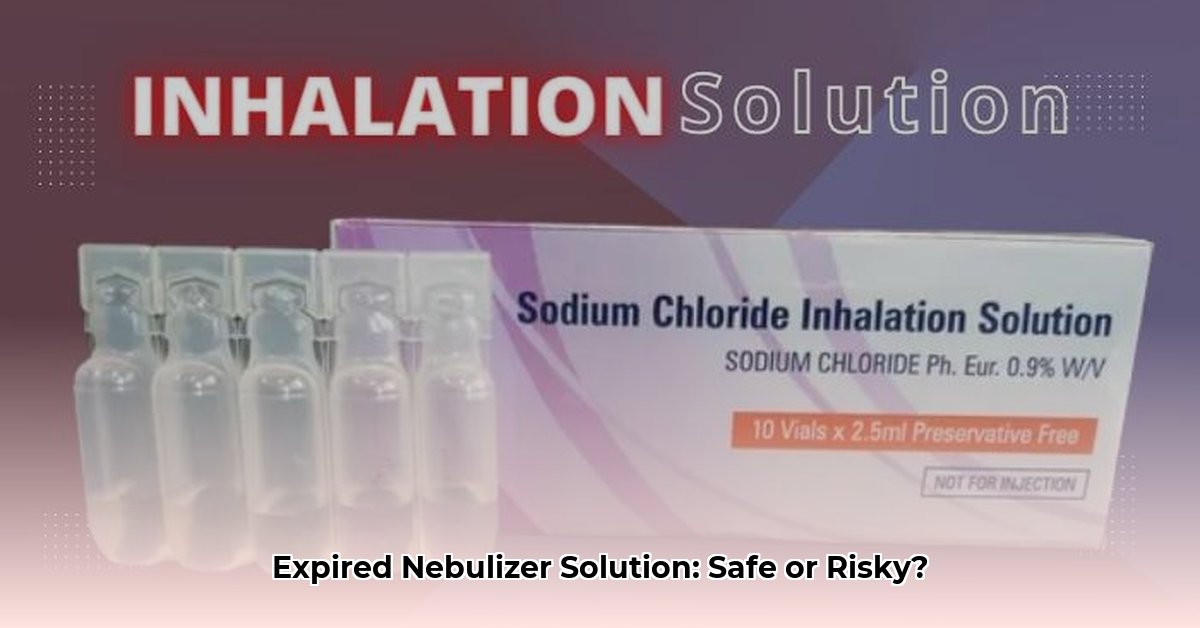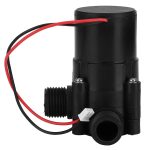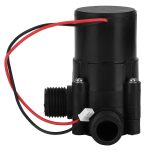Using expired medications can be risky. This guide explains why using expired nebulizer solutions is dangerous, what could happen, and how to ensure you’re always breathing easy with safe and effective treatments. We’ll cover everything from understanding expiration dates to proper storage, cleaning techniques, and when it’s time to seek medical attention.
Why Expiration Dates Matter
Expiration dates indicate the period during which a medication is likely to maintain its full potency and safety. Pharmaceutical companies conduct stability testing to determine these dates. Like the “best by” date on food, using medication past its expiration date increases the risk of reduced effectiveness and potential harm.
Understanding the Risks of Expired Nebulizer Solutions
Using expired nebulizer solutions carries several potential risks:
Reduced Potency
Over time, the active ingredients in medications, such as albuterol or ipratropium, may break down. This can mean the solution might not deliver the therapeutic dose needed to open your airways effectively.
Contamination
Expired solutions can become more susceptible to bacterial growth, potentially introducing harmful microorganisms into your respiratory system and leading to new infections.
Chemical Changes
The chemical composition of the medication itself can change over time. This can reduce effectiveness and potentially introduce new and unforeseen side effects. A cloudy or discolored solution suggests degradation and should be discarded.
Specific Medications: Albuterol and Ipratropium
While the general principles of medication expiration apply to all nebulizer solutions, individual drugs degrade at varying rates. Albuterol and ipratropium, commonly used in nebulizers, have typical shelf lives of around one year when stored correctly. Always consult a doctor or pharmacist for the most accurate information about your specific medication.
What To Do With Expired Nebulizer Solutions
Step 1: Check the Expiration Date: Look for the expiration date printed on the bottle or packaging.
Step 2: Dispose of Properly: Expired medications should be disposed of safely. Contact your local pharmacy or check your community guidelines for safe medication disposal programs. Do not simply throw them in the trash. Some pharmacies offer take-back programs, while others may direct you to designated drop-off locations.
Step 3: Replace With a Fresh Supply: Obtain a fresh supply of medication promptly after disposing of the expired solution. Don’t wait until you’re experiencing respiratory distress.
How To Store Nebulizer Solutions Properly
Proper storage is key to maintaining the effectiveness and safety of nebulizer solutions:
- Cool, Dark, and Dry: Store solutions in a cool, dry, dark place away from direct sunlight, excessive heat, and humidity. A medicine cabinet or drawer in a temperature-controlled room is ideal. Avoid bathroom storage due to humidity fluctuations.
- Avoid Temperature Extremes: Do not freeze nebulizer solutions.
- Original Packaging: Whenever possible, store medications in their original containers to protect them from light and moisture.
- Mark Opening Date: Once a multi-dose container is opened, mark the date to track the beyond-use date, generally six weeks after opening.
Nebulizer Cleaning and Maintenance
A clean nebulizer is essential for effective treatment and preventing infections.
Step 1: Disassemble: Carefully disassemble the nebulizer components according to the manufacturer’s instructions.
Step 2: Wash With Soapy Water: Wash all parts in warm, soapy water using a mild detergent. Avoid abrasive cleaners or brushes.
Step 3: Rinse Thoroughly: Rinse all components thoroughly with clean water, ensuring no soap residue remains.
Step 4: Air Dry or Sterilize: Allow all parts to air dry completely before reassembling. Follow manufacturer instructions for sterilization, if recommended.
When to Seek Medical Attention
Seek immediate medical attention if you experience:
- Severe difficulty breathing or rapidly worsening shortness of breath
- Persistent or worsening cough with thick mucus or fever
- Wheezing or chest tightness unresponsive to usual medication
- Any new or concerning respiratory symptoms
Frequently Asked Questions (FAQ)
- Q: What if I can’t afford new solutions immediately? Contact your doctor or pharmacist. They may have samples or be able to direct you to financial assistance programs.
- Q: Are there alternative treatments? Your doctor can discuss alternative medications or treatment strategies. Never start a new treatment without consulting a healthcare professional.
- Q: What should I do in a breathing emergency if my solution is expired and I don’t have a new one? If you are experiencing a medical emergency, seek immediate medical attention. Call 911 or go to the nearest emergency room immediately. If possible, use the expired solution while seeking help.
- Q: How does opening a nebulizer solution affect its expiration date? Opening a multi-dose nebulizer solution introduces the risk of contamination. While the printed expiration date may still be far off, the solution should generally be used within six weeks of opening. Always check the manufacturer’s instructions for specific guidelines.
Disclaimer: This information is for educational purposes only and does not constitute medical advice. Always consult a qualified healthcare professional for any health concerns or before making decisions about your health or treatment.
- Hydroelectric Power Basics How Water Is Used For Electricity - February 26, 2026
- Portable Water Generators Power Off-Grid Homes and Adventures - February 25, 2026
- Portable Hydroelectric Power Generators Light Up Off-Grid Living - February 24, 2026
















